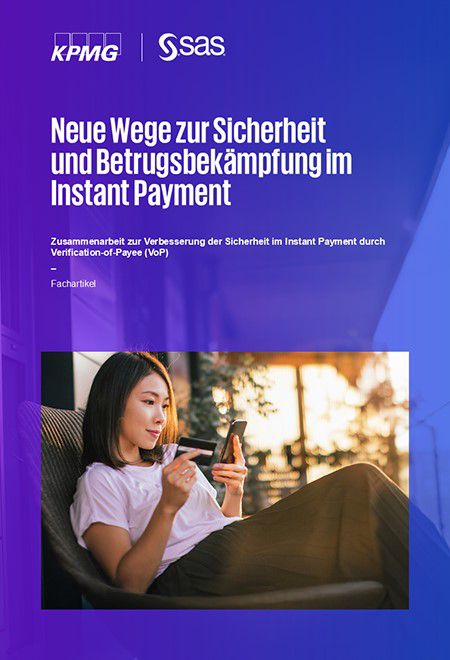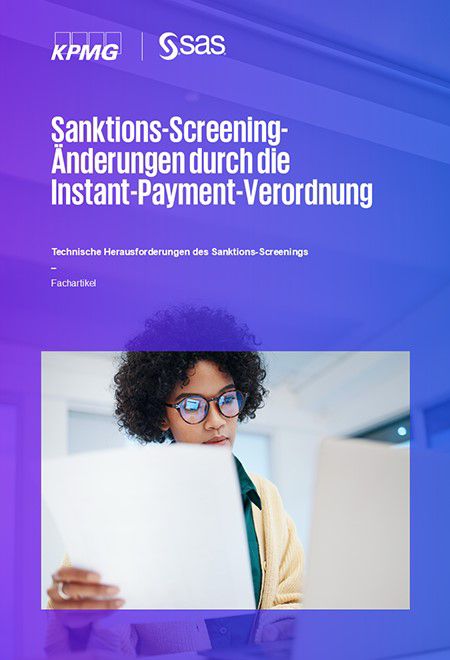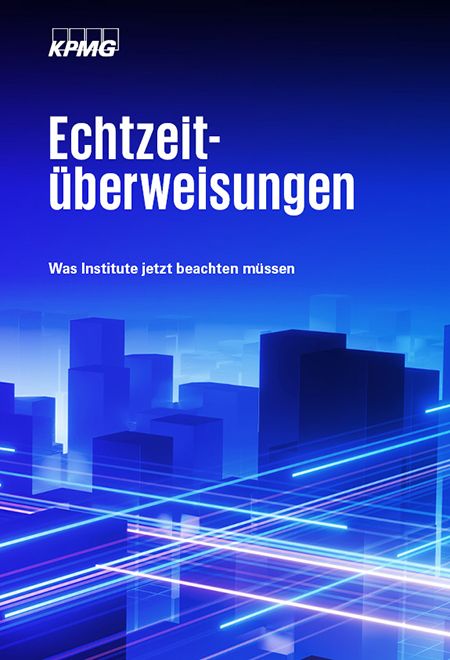With the introduction of the Instant Payments Regulation (IPR) 2024/886 on April 9, 2024, European payment transactions are facing a fundamental transformation. The regulation obliges payment service providers to offer SEPA instant payments as standard. This marks the beginning of a new era for the eurozone, in which money transfers will have to be processed within seconds in future – 24 hours a day, 365 days a year.
Although SEPA real-time transfers have been possible since 2017 and are offered by many financial institutions, their use has so far been limited.
The main aim of the regulation is to oblige all payment service providers to be able to receive real-time transfers from January 2025 and to be able to send them from October 2025. This applies to all service providers that offer SEPA payments to their customers and clients.
Requirements of the Instant Payment Regulation for payment service providers
The entry into force of the IPV places a number of requirements on payment service providers. Certain deadlines and requirements must be met by 2027, otherwise there are potential penalties and risks.
- Instant payments must be possible 24/7, 365 days a year and be received by the payee within ten seconds.
- The name and IBAN of the payee must be compared (VoP – Verification of Payee).
- The EU sanctions lists must be compared with the customer base on a daily and event-based basis.
Reports to the banking supervisory authority on the level of charges for payment accounts, credit transfers and real-time transfers as well as the proportion of payment transactions refused (differentiated by national and cross-border payment transactions).
- The costs for real-time transfers must not be higher than for conventional SEPA transfers.
- Adjustments to liquidity management due to possible short-term increases in liquidity requirements during the day and on weekends and public holidays.
Danic Seiwert
Senior Manager, Financial Services
KPMG AG Wirtschaftsprüfungsgesellschaft
What happens next?
The introduction of the IPV 2024/886 marks a turning point for European payment transactions, as SEPA real-time credit transfers become mandatory. The implementation of the regulation poses a number of hurdles, particularly with regard to compliance requirements and the necessary technological adjustments.
We support you with comprehensive solutions for complying with the new regulatory requirements. The combination of regulatory advice, implementation expertise and technological know-how paired with tailor-made solutions enables you to improve the efficiency and security of your payment processes at the same time.
Publication series

Download whitepaper now (German only)
Fast payments, strong partnerships: The future of the Instant Payment Regulation with KPMG and SAS
Download now
Download whitepaper now (German only)
Reporting obligations in the context of the Instant Payment Regulation: Another piece in the mosaic for the development of integrated compliance reporting
Download now
Download whitepaper now (German only)
Verification of Payee (VoP): Sicherheit stärken, Risiken minimieren
Download now
Download whitepaper now (German only)
Instant Payments und Sanktions-Screening: Neue Anforderungen für Zahlungsdienstleister
Download now
